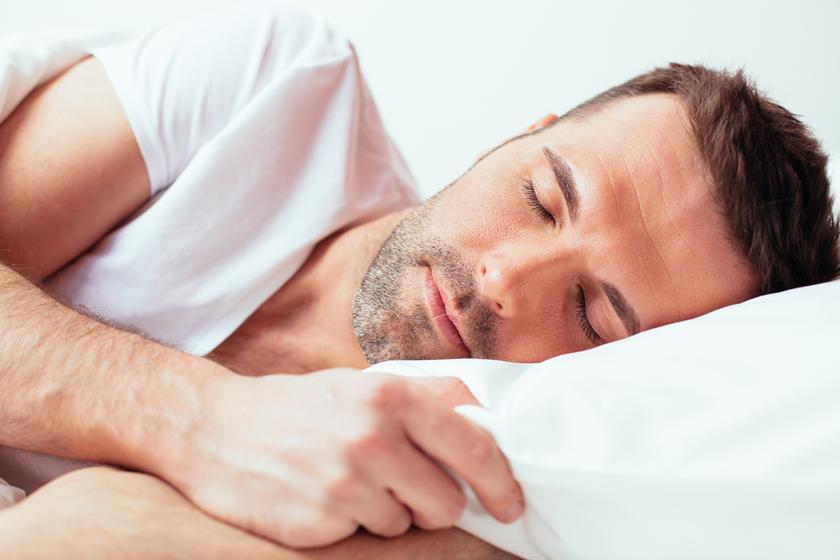Is It Safe to Take Melatonin Every Night?

More than 50% of adults have trouble falling or staying asleep at least a few times per week, according to a study by the National Sleep Foundation.
Yikes.
No wonder some of us are seeking help from nighttime sleep aids, like melatonin supplements.
"Getting quality sleep is obviously important for waking up feeling well-rested, but it's also critical for our overall health," says Dr. Rashad Ramkissoon, a primary-care physician at Houston Methodist. "A lack of quality sleep over time is linked to a wide range of health issues, from high blood pressure to obesity — so it's important to take steps to ensure you're getting a good night's rest."
When you're not, is taking melatonin really the answer?
What is melatonin?
"Melatonin is a hormone your body naturally produces to promote drowsiness, helping to coordinate the transition from being awake to asleep," explains Dr. Ramkissoon. "As a component of your sleep-wake cycle, its release is timed by the onset of darkness, so a few hours before bedtime."
As natural light disappears in the evening, melatonin levels start rising, preparing your body for sleep. These levels peak in the middle of the night and then gradually fall through the early morning hours until, finally, you're awake.
Melatonin supplements, on the other hand, are synthetically derived versions of this hormone that you can buy at the store, marketed as a way to fall asleep faster and stay asleep longer. The theory is that adding more melatonin on top of what your body is already releasing might help ensure good sleep.
But Dr. Ramkissoon says that combatting poor sleep might not be as simple as increasing your melatonin levels.
Does melatonin work?
Many studies have examined whether melatonin supplements benefit sleep and ... the results are mixed.
"From poor study design to its generally low potency, there is a lack of data supporting the use of supplemental melatonin as a clinically meaningful way to improve sleep," says Dr. Ramkissoon. "For instance, there's no evidence that it promotes sleep maintenance or can prevent insomnia."
Melatonin may have an effect, albeit a fairly minor one, on falling sleep, though.
A 2020 systematic review of 12 studies evaluating melatonin found small improvements in sleep onset — and perhaps even total sleep time, although this was only seen in a few studies.
"Taken together this data supports what we know about the role of melatonin, whether naturally made or synthetic," says Dr. Ramkissoon. "It doesn't induce sleep. It promotes sleepiness. This distinction is important because it helps explain why supplemental melatonin has minor, limited impacts on sleep."
Melatonin helps make you drowsy, but plenty of our everyday behaviors can fight against its effects, including:
- Screen time before bed
- Keeping an irregular sleep schedule
- Drinking caffeine or napping in the afternoon
- Eating a meal or drinking alcohol just before bedtime
(Related: QUIZ: Are These Afternoon & Evening Habits Ruining Your Sleep?)
In other words, a melatonin supplement might help you fall asleep — but it won't keep you asleep. And it's not powerful enough to fight against the habits that commonly lead to poor sleep, like staring at your phone for an hour before bed.
Is it bad to take melatonin every night?
Regardless of whether it truly helps with sleep or not, Dr. Ramkissoon doesn't recommend taking melatonin long-term.
By: Katie McCallum

















